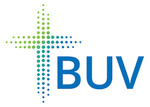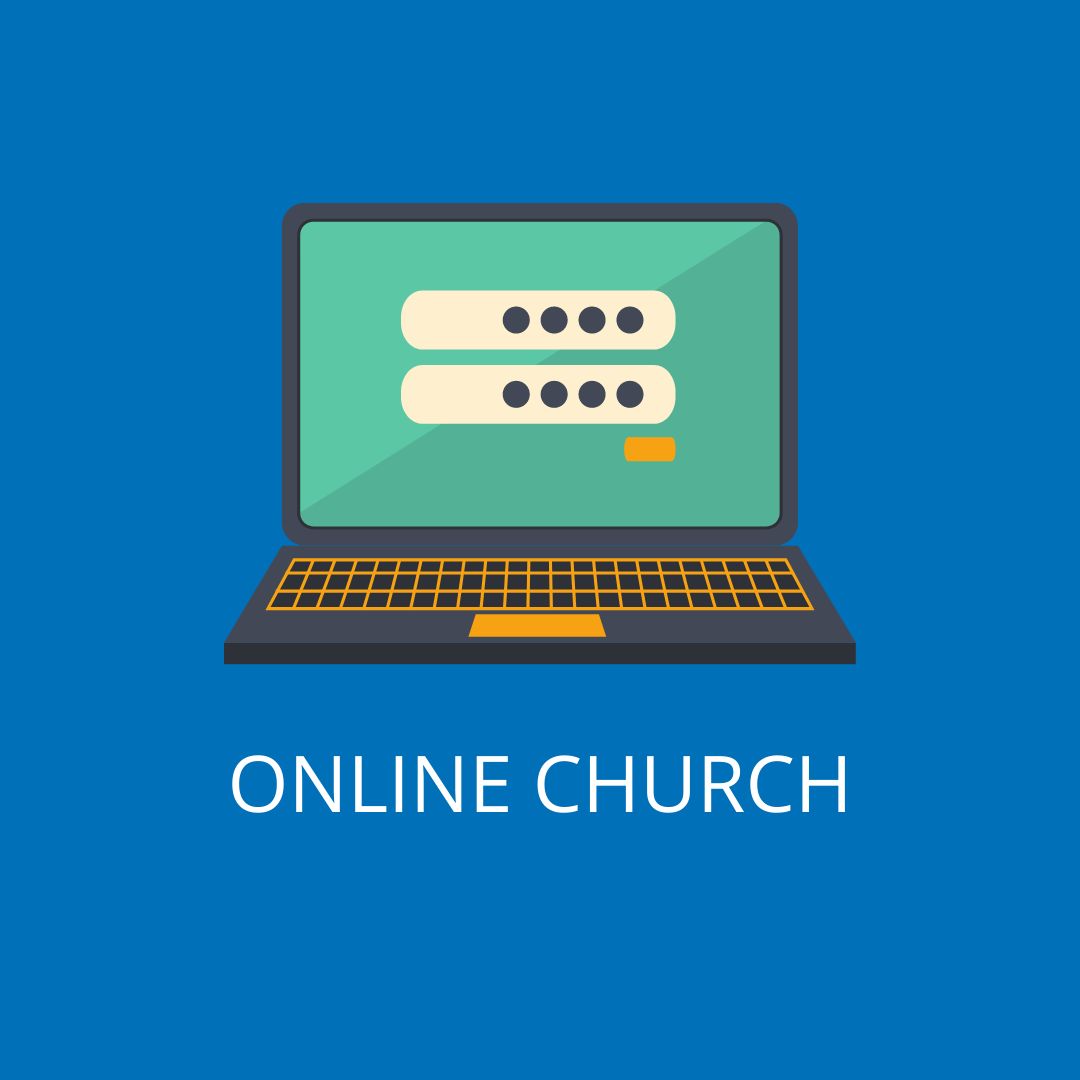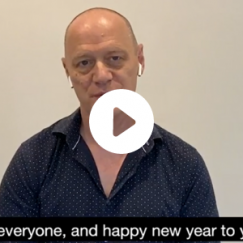8th April 2020
The Three-Week Mark
Recently I have found myself having conversations that I haven’t had since I worked as a social worker in an Intensive Care ward about twelve years ago. In that role, I would support families who had critically ill loved ones. When the patient was out of danger, my conversations with the family would turn to their self care and what they should expect over the next few weeks. I would say,
“Don’t be surprised if you find yourself getting easily upset. The next few weeks will feel like a rollercoaster. You have been through a major trauma and it’s normal for your body to re-adjust both emotionally and physically.”
I have been saying similar words this week. Often after a major trauma or incident we find ourselves having strong emotional, spiritual or physical reactions. I think COVID-19 would count as a major trauma! If you are in leadership in a church, over the last few weeks you have been forced to lead your church through a massive change process that has happened at very short notice. You have totally transformed your mode of church; had to learn how to stream services, provide pastoral care remotely, run meetings online and deliver sermons to camera rather than a present congregation. Some or all of this has been outside of your experience.
When facing trauma, it is often at the three-week mark that we find ourselves at a vulnerable point. This is often when our emotional tank is nearing empty, having been drained by constantly responding to the needs of others around us. We may also feel spiritually flat after engaging with the initial challenges to faith and service. You might be experiencing some of the following:
- Feeling as if you are in a state of ‘high alert’ for what needs to happen next
- Feeling emotionally numb
- Feeling distant from God or spiritually drained.
- Becoming easily upset or emotional
- Feeling fatigued or tired
- Feeling very stressed or anxious
- Being very protective of others including family and friends
- Reduced concentration and memory
- Change in appetite such as eating a lot more or a lot less.
Maybe you just want to stay in bed and pull the bedclothes up over your head.
Here are some helpful tips for us to remember at this time:
- It is important that we remember that it is normal to have both a physical, spiritual and emotional response to a major event.
- Don’t bottle up your feelings – talk to someone who can support and understand you.
- Try to keep to a normal routine.
- Practise your usual spiritual disciplines, even if you don’t feel like it.
- When you feel exhausted, make sure you set aside time to rest.
- Make time for regular exercise
- Connect with others in your team, your church, your friendship circle to support each other.
- Find ways to have fun (even with social distancing restrictions) – play games online, have dinner with others online, go for a walk or bake a cake.
- Relax – pray, use music, gardening or do things you enjoy.
Make some time to read and reflect on Elijah’s experience in 1Kings 19:1-21. In what ways can you relate to Elijah’s experience? What resources did God provide to support him in that situation? How might you access similar resources to support you at this time?
If you find things going for too long, seek help. It is important to talk to someone as early as possible to prevent longer-term issues from developing. You are able to contact your Regional Pastor or a Church Health team member if you want further assistance.
Take care of yourself during this time. God is faithful and will sustain us.
Christine Wanstall,
BUV, Church Health Consultant
Mental Health Resources:
Sanctuary Mental Health Ministries recognizes the need for access to online mental health resources in this season, and so they are making The Sanctuary Course available for free. Simply use the code “mentalhealth” at checkout to receive a 100% discount for the next month (discount code expires April 18, 2020). This course is intended for use in small groups, and so now more than ever we ask that you gather online with friends or your church community to engage with the material together. You’ll also find other useful Mental health resources here.









